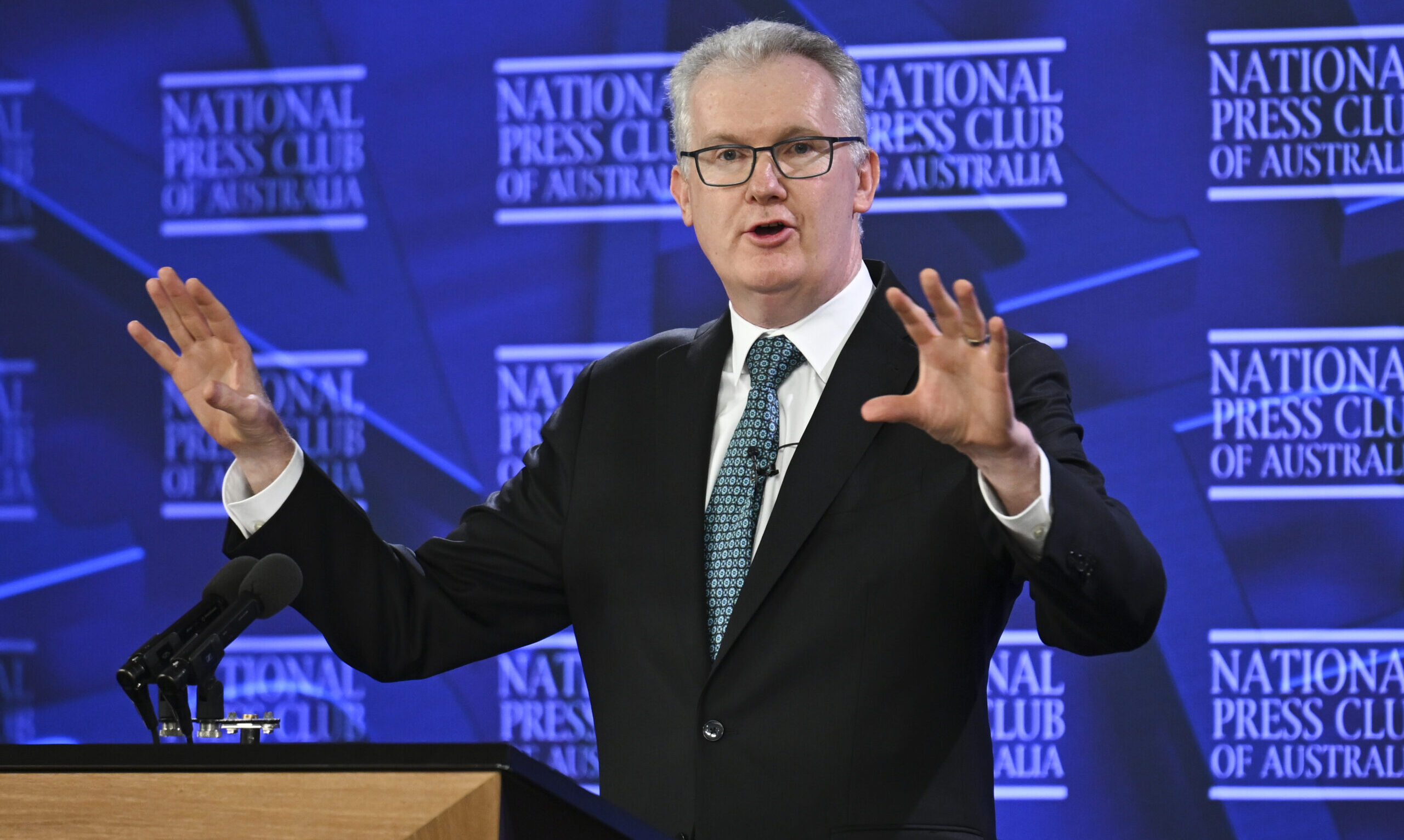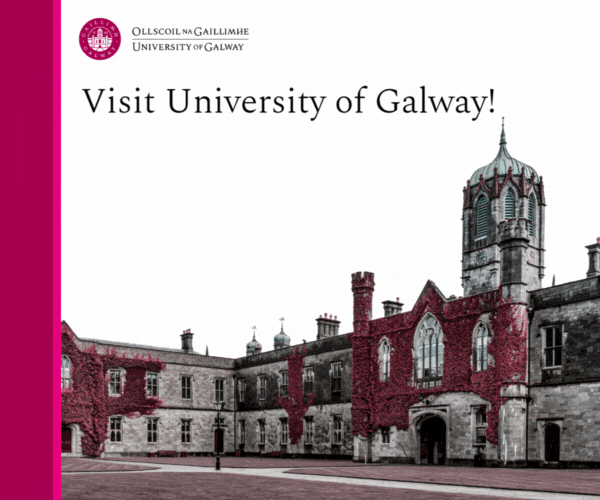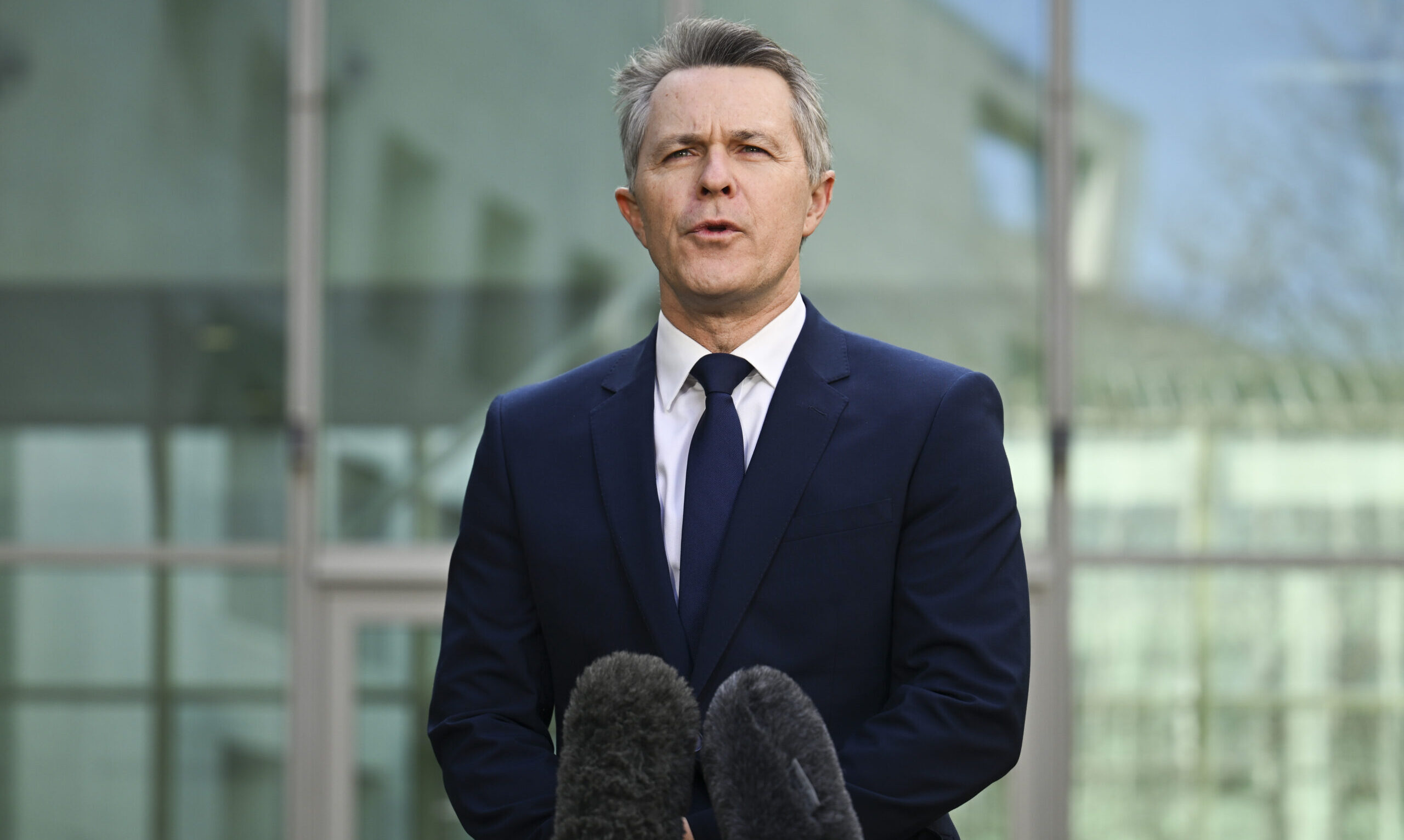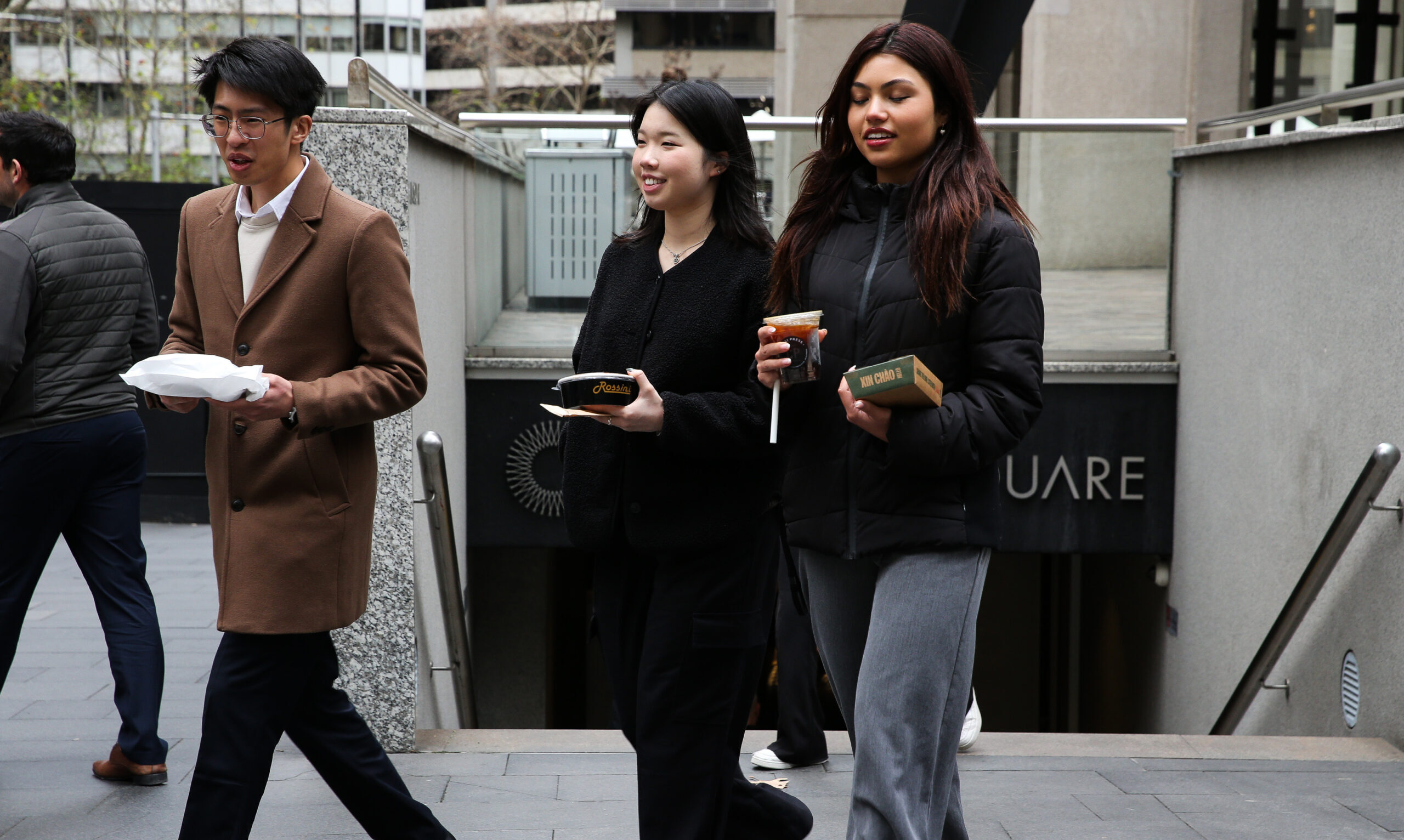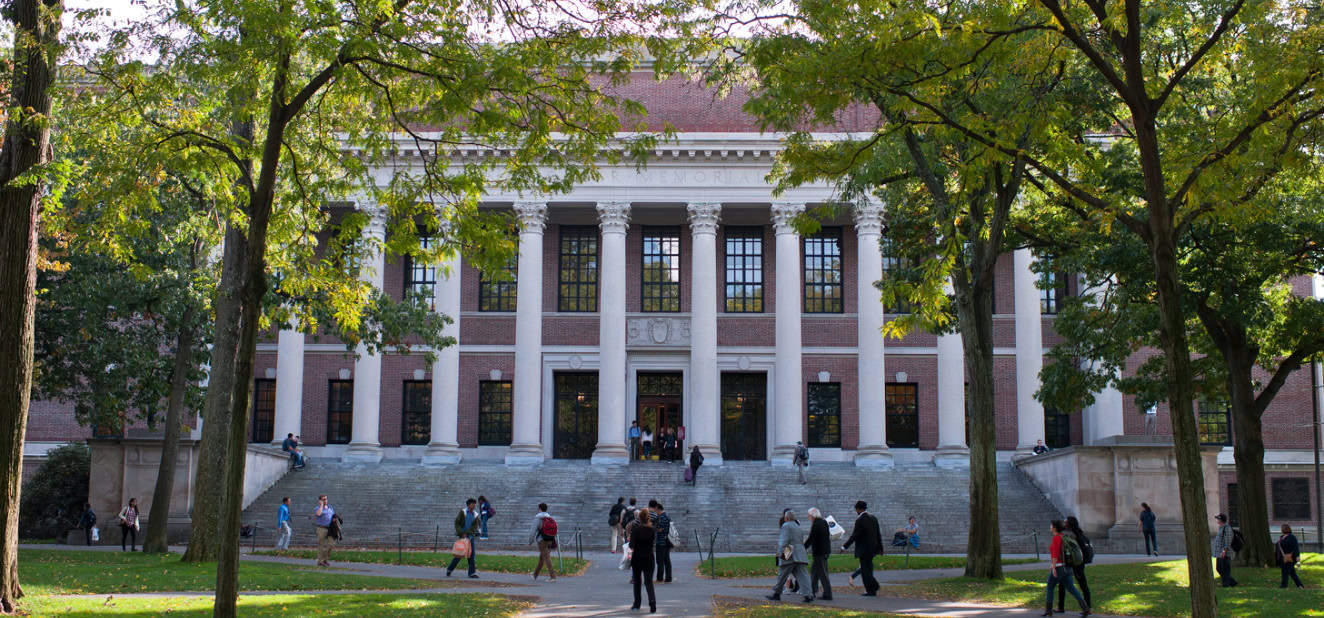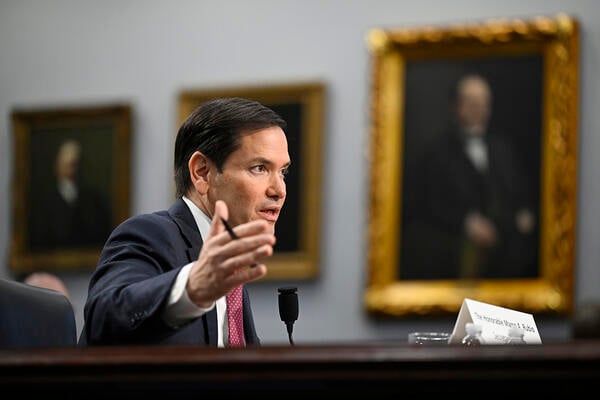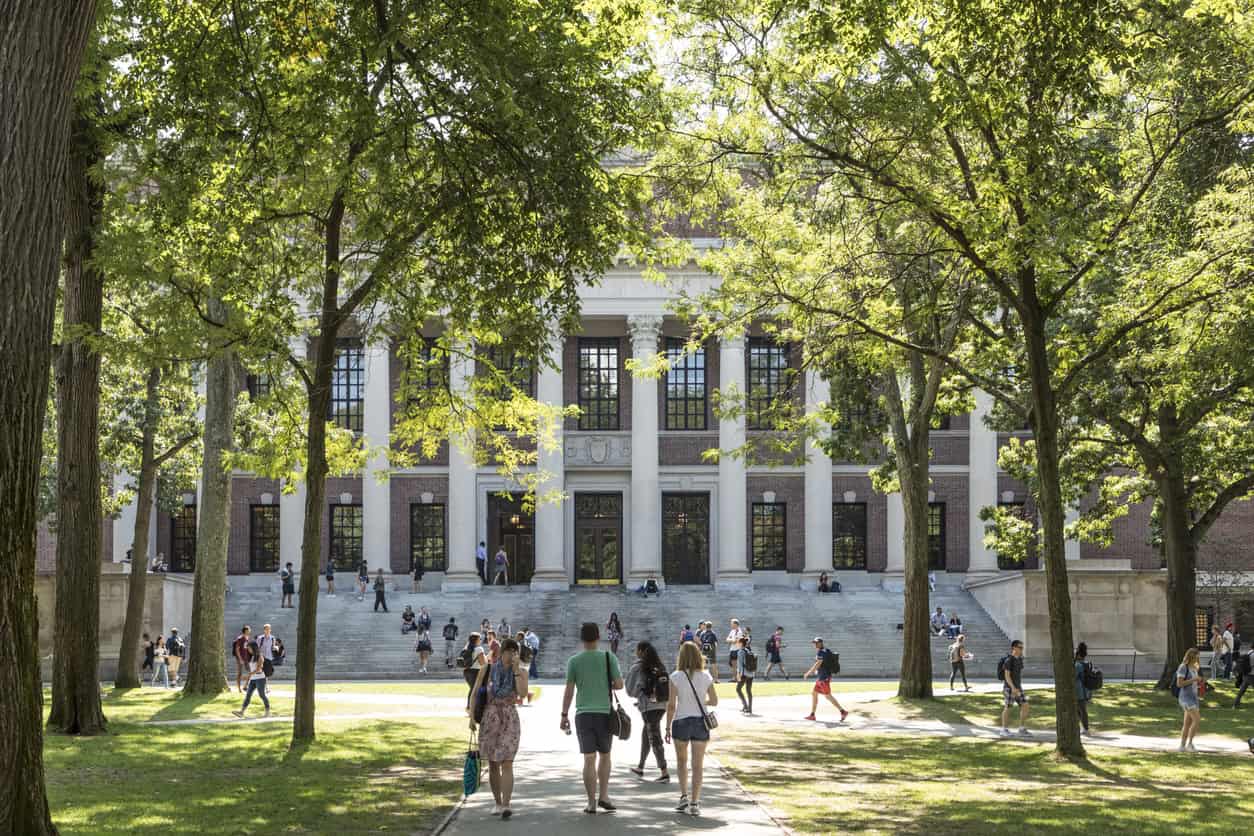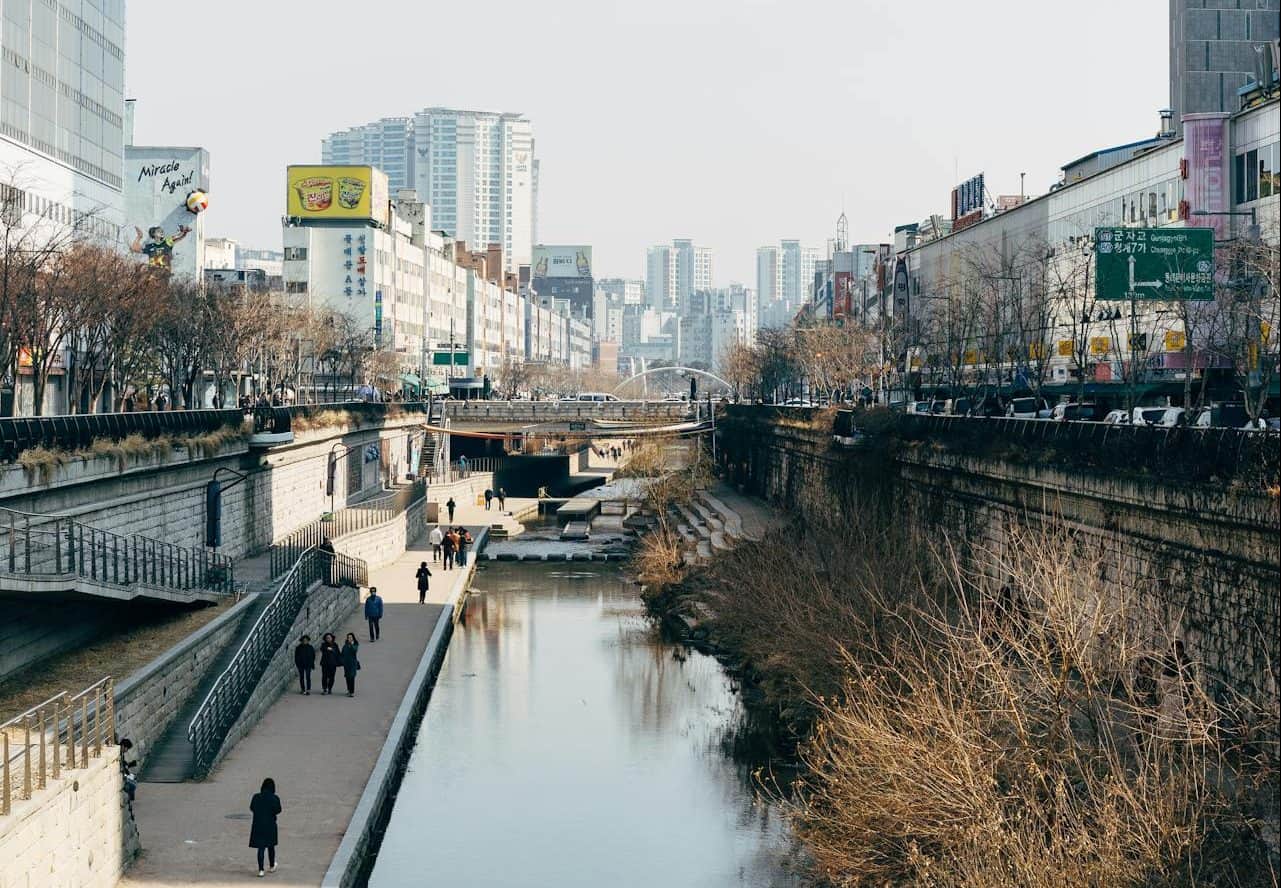As part of its plan to grow the international education sector — which includes doubling its contribution to $7.2 billion and increasing international enrolments to 119,000 by 2034 — New Zealand has introduced new immigration changes.
The changes extend in-study work rights to all tertiary students on approved exchange or study abroad programs and clarify that most students who change providers or lower their study level will need a new visa.
Apart from these, eligible tertiary students in post-school education, such as universities and polytechnics, and secondary students in Years 12-13 can now work up to 25 hours a week. Secondary students will continue to require parental and school approval for in-study work.
The increased limit applies to all new visas granted from November 3, even if the application was submitted earlier.
Moreover, students already holding visas with a 20-hour work limit will need to reapply, either through a variation of conditions or by obtaining a new study visa, to access the increased allowance.
Stakeholders have noted the importance of making sure that the relaxed rules do not result in students being exploited for low-paid or exploitative work.
The increase to in-study work rights comes at a time when New Zealand has 40,987 study visa holders eligible to work, with 29,790 of those visas expiring on or before 31 March 2026 and 11,197 after.
The New Zealand government says the change will make the country “more competitive globally” and improve the overall student experience, at a time when international student satisfaction remains strong at 87%.
“International students make a significant contribution to the economy, with each student spending around $45,000 on average in 2024 – supporting local businesses, tourism, and job creation,” Jeannie Melville, deputy COO for immigration at the Ministry of Business, Innovation and Employment, told The PIE News.
“As part of the International Education Going for Growth Plan, changes were announced to immigration settings to support sustainable growth and enhance New Zealand’s appeal as a study destination. These changes aim to maintain education quality while managing immigration risk.”
International students have the same minimum employment rights as any other worker, including being paid at least the minimum wage and working within visa conditions
Jeannie Melville, Ministry of Business, Innovation and Employment
The rise in working hours is a “confidence signal” that will help with living costs and shows that New Zealand is welcoming, according to Frank Xing, director of marketing and operations at Auckland-based Novo Education Consulting.
But authorities are still expected to keep a close eye on the changes amid past concerns of international students working long hours for below-minimum wages, being denied sick leave, and struggling to find jobs.
The New Zealand government has taken steps to address workplace exploitation in the past, including launching the multilingual Introduction to Your Employment Rights module to help migrant workers understand their agreements and rights.
“International students have the same minimum employment rights as any other worker, including being paid at least the minimum wage and working within visa conditions. Exploitation, such as underpayment or forcing excessive hours, is a criminal offence under the Immigration Act and we do act against employers who exploit workers.
“Immigration New Zealand (INZ) has strengthened protections for migrant workers, including the Worker Protection Act that took effect in January 2024,” Melville said, adding that this allows authorities to issue infringement notices, publish the names of non-compliant employers, and stop them from supporting migrant visa applications for a period.
“We have also tightened visa settings and improved monitoring to reduce exploitation risks.”
According to ex and current international students The PIE spoke with, employers often pushed them to work beyond the weekly hour limit, and while students tried to balance extra hours by reducing them later or carrying them into holiday periods, any overtime during term time was usually unpaid until the breaks.
Some students also alleged mistreatment or harsh behaviour at their workplaces, though experiences varied by employer.
Despite these concerns, Melville noted that students can report any instances of exploitation by calling Crime Stoppers on 0800 555 111, which she described as “a confidential and safe way to make a report”.
According to Xing, the changes in working hours don’t replace core factors like academic fit, career pathways, and post-study visas that drive student applications but they will help international students avoid situations where they can be taken advantage of.
“Extending legal working hours should also reduce the temptation to accept low-paid, cash-in-hand jobs. Of course, vigilance is still needed,” he said.
He called for better student education on their employment rights, as well as stronger penalties for employers who break the rules and easier reporting channels for students.
“It’s early days since the rule took effect – around 10 days – but we’re already seeing more enquiries mentioning ‘25 hours’ alongside programme and city choice, especially as other destinations tighten settings,” Xing added, noting that current international students have also requested help from their Licensed Immigration Advisers to apply for a variation of conditions to move from 20 to 25 hours.
It’s early days since the rule took effect – around 10 days – but we’re already seeing more enquiries mentioning ‘25 hours’ alongside programme and city choice, especially as other destinations tighten settings
Frank Xing, Novo Education Consulting
The increase to 25 hours per week isn’t limited to students. New Zealand has also extended part-time work rights to dependent child visitor visa holders and skilled Migrant Category Interim visa holders.
The move comes as a record number of New Zealanders leave amid a weakening economy, with relaxed migrant work rules seen as a way to fill workforce gaps and support students’ transition into future employment.
“In certain professions, like healthcare, the number of hours of relevant work experience is a very important factor – it can directly affect your employability and career progression,” stated Vijeta Kanwar, director of operations, New Zealand Gateway.
“For example, some job vacancies specify that a candidate must have 100 or even 500 hours of work experience. In that context, gaining five extra hours a week over a year can significantly increase the total experience a student has, enhancing their opportunities when pursuing post-study work.”
“We’ve seen more enthusiasm from students, especially those looking to gain international work experience. They’re quite excited because, in many professions, the number of hours of work experience you gain, especially if it’s linked to your intended career, has huge importance.”
Just in June this year, New Zealand announced that degree holders from countries including India, France, Germany, Italy, Sri Lanka, Singapore, South Korea, Sweden, and Switzerland can now bypass the qualification assessment process for certain immigration categories.
Subject to New Zealand’s cabinet discussions, the government is also set to introduce a new short-term work visa for some vocational graduates and streamline visa processes, according to INZ.


